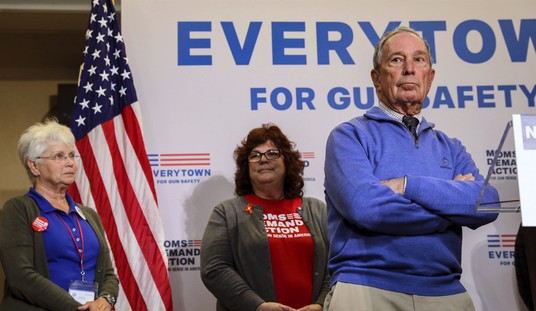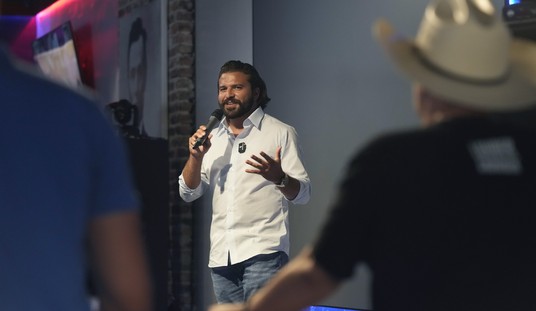In this current, decidedly anti-gun climate, it’s interesting that a website like Science Alert would write about the physiological effects of shooting in a way that doesn’t focus on all the ways it’s awful for someone getting shot. Instead, they opted to look at the body’s physiological response to firing a gun.
However, it doesn’t really mesh with the experience many of us have had while shooting a firearm. You know…ever.
Although everyone’s experience is different – especially when it comes to a firing range versus a real-life threat (perceived or otherwise) – here are a few effects that shooting a firearm can have on the brain and body.
The urge to fight or flee may overcome you
Firing a gun can be startling. In response, first-timers can experience a fight-or-flight response – the body’s way of automatically responding to what it perceives could be mortal danger.
The brain rapidly releases cortisol, adrenaline (aka epinephrine), and other hormones like serotonin, dopamine, and norepinephrine. This can lead novice shooters to feel intense fear, anxiety, or aggression after shooting.
“In order to pull that trigger, you’re standing your ground, and you’re going to use this weapon to help you. There is that ‘fight’ part of it,” Fleming said. “I know it’s just a paper target, but some people are seeing that as the enemy. … Pulling the trigger is an act of aggression.”
Even experienced shooters have to manage their body’s responses after firing thousands of rounds in countless training scenarios.
“The training is primarily designed to … bypass all of the emotional baggage of the experience,” Fleming said. “But I don’t think it ever fully goes away.”
That’s fascinating, except I spoke with numerous other shooters and read comments in one shooter-heavy group where this article was shared, and absolutely no one reports anything remotely approaching this.
In reality, this might be common for a first-time shooter with little or no interest in firearms, personal defense, or sport shooting. I distinctly remember the time my father put his .38 Smith & Wesson, the same pistol he wore on his hip every day, in my hands and allowed me to pull the trigger.
What I felt wasn’t fear, anxiety, or aggression, but excitement. I’d just pulled the trigger on a gun for the first time. It was my first step into my father’s world, which was a big deal as a small child. At no point did I experience anything approaching any of that.
The report continues and says that after the fact, shooting can be pleasurable, but even that feel suspect in light of what we supposedly feel when we shoot.
The researcher in charge of this, Kevin Fleming, has researched gun violence for 25 years, so the fact that he’s making the act of shooting sound like the response to a horror film has many shooters who read this story questioning just how much personal anti-gun bias may have influenced this study. I can’t and won’t comment on that except to acknowledge the possibility, but I will say that I suspect he hasn’t spent a whole lot of time with people who shoot.
He can claim that we’re evidence that training overcomes it all, but since most of us report never feeling anything of the sort, it calls his who study into question.








Join the conversation as a VIP Member